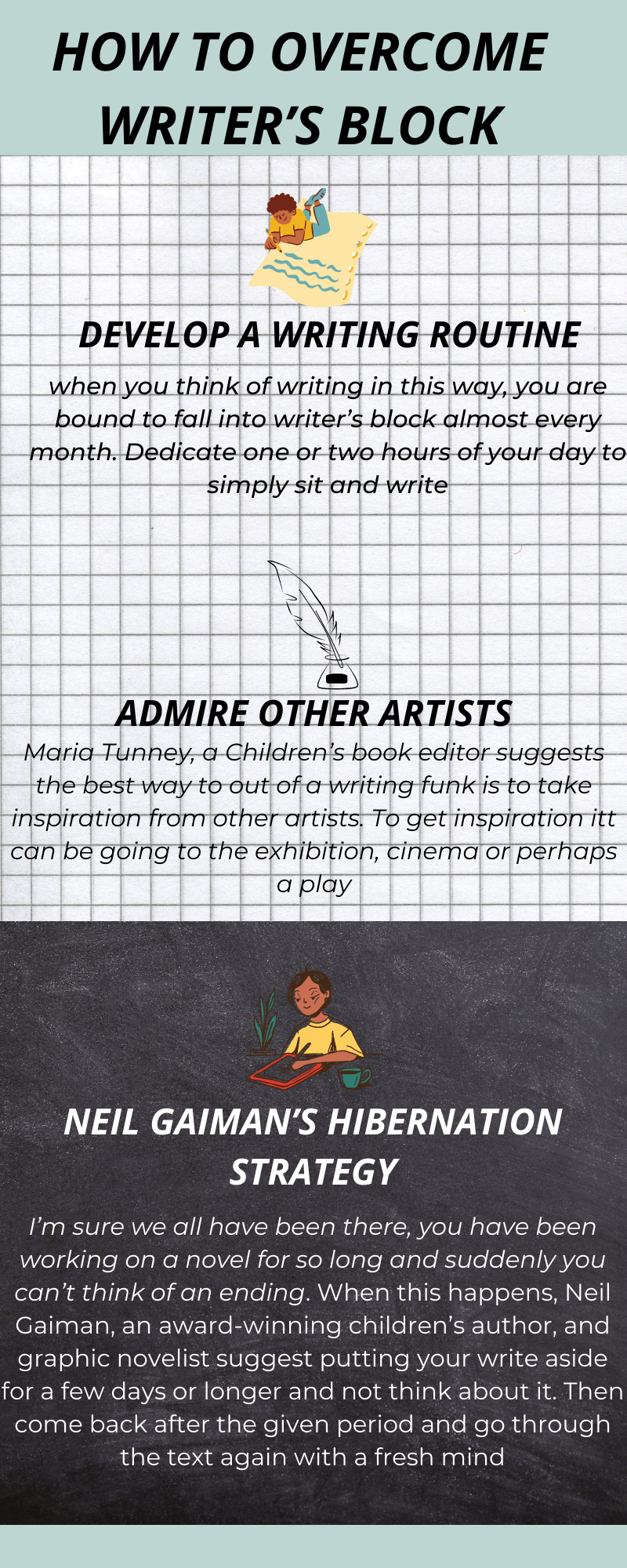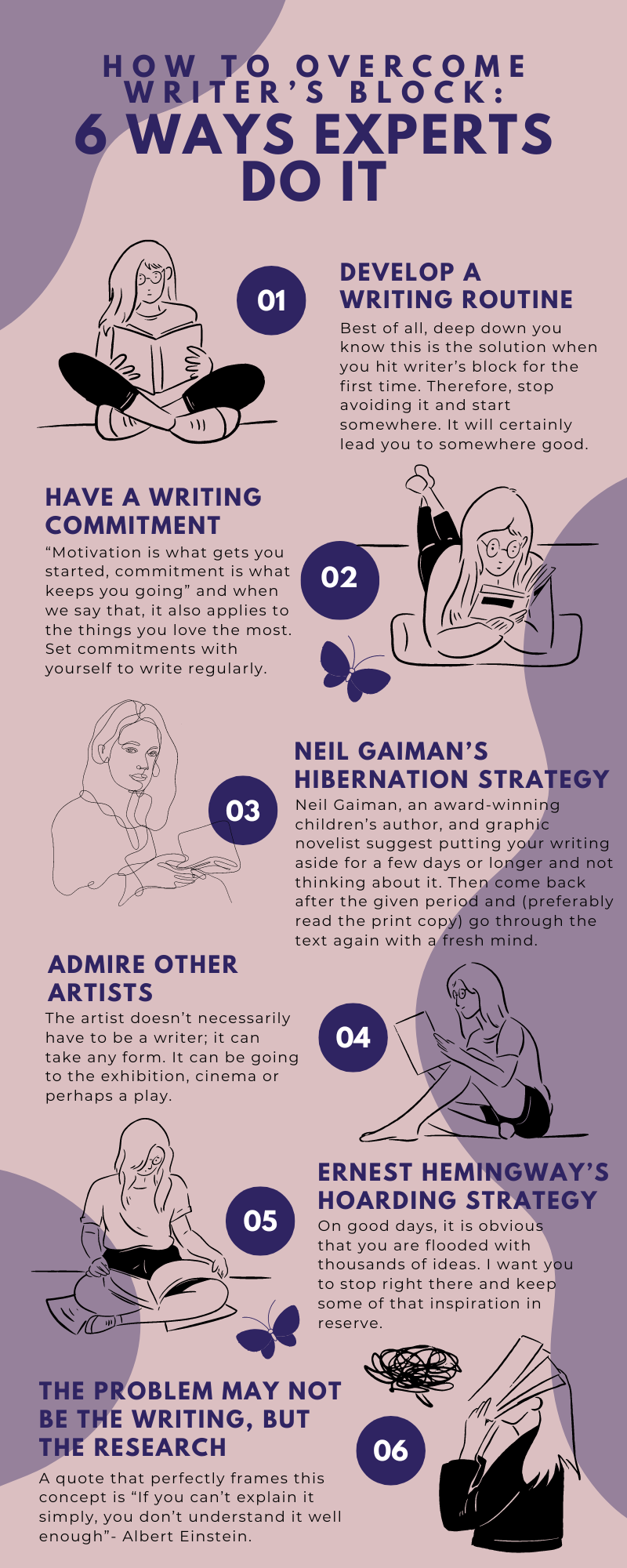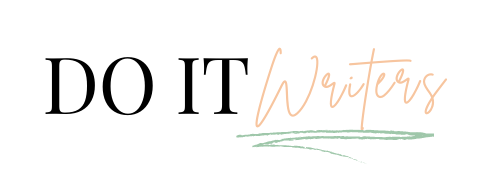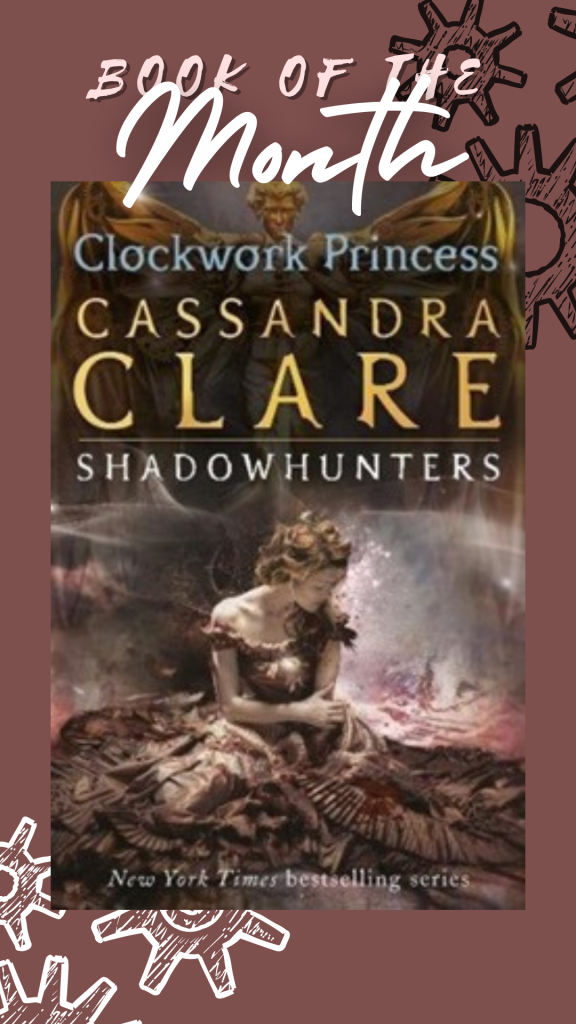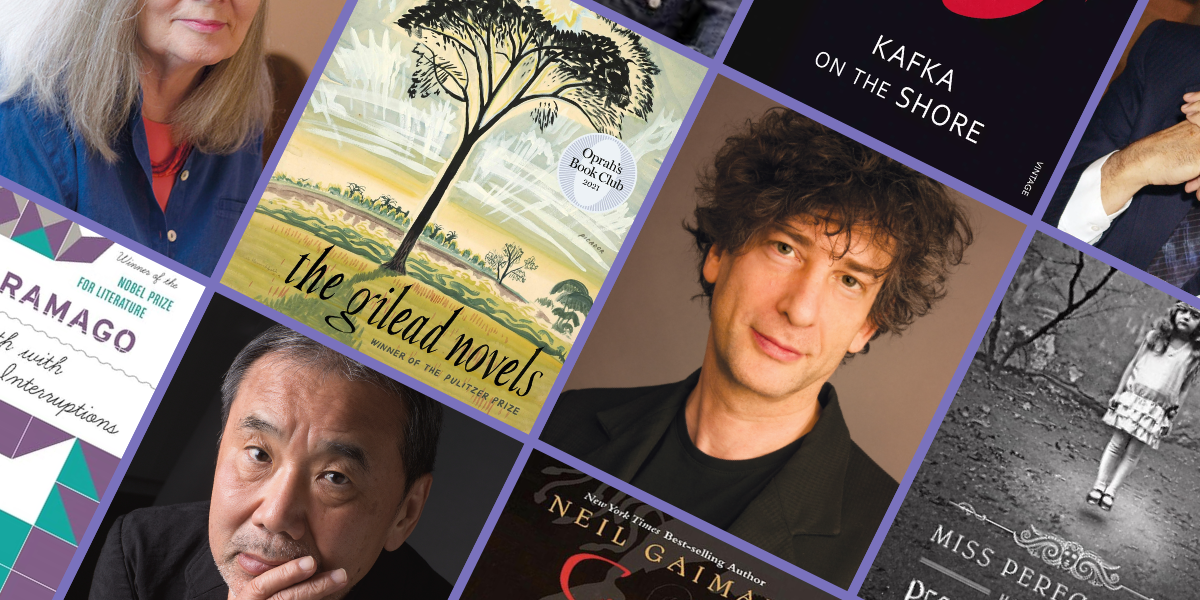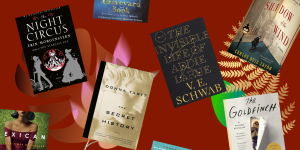How to overcome writer’s block? Good question, so you decided to sit and write last night. But guess what, the mental fogginess and lack of inspiration took you under its shadow and now you are here searching for the solution. If this sounds like you, you are not alone.
Every author has gone through writer’s block at least once in their lives. Think about Dorothy Allison, Toni Morrison, and all those famous writers who are now reaching heights in their writing careers.
If you have been afflicted with writer’s block, you know it’s not a laughing matter. When you have strict deadlines to meet, it can impede your writing for weeks or even months!
And let me tell you this, this is one problem that never goes away by simply ignoring it.
To make sure you don’t waste another second in this dilemma, here’s a complete guide on how to overcome writer’s block to help you get all your answers in just the next 5 minutes.
What is Writer’s Block?
Writer’s block is a state where you are unable to start or proceed with your writing. The sense of purpose is there but you won’t be able to make sense of the words from your mind on the piece of paper. Although some believe it’s a genuine disorder, most psychologists believe writer’s block is all in your head.
Anyhow, this state can be the main culprit why some writers struggle to meet deadlines, and even if they manage to do, it compromises the quality of the context.
So what causes writer’s block? Here’s what Clinical psychologists from the 1970s, Jerome Singer and Michael Barrios found out. Let’s see a few causes before getting to know how to overcome writer’s block.
Causes of Writer’s Block
- Fear: many writers are subconsciously afraid to put their ideas out in the world for everyone to critique. In fact, this is the leading reason why many talented writers never become authors.
- Perfectionism: As they say, perfectionism kills productivity. The same rule applies to writers. They want everything from timing, atmosphere, and supplies to be perfect before beginning to write. As you’ve guessed, they never begin.
- Lack of external motivation: Writing requires a tremendous amount of concentration and motivation and sometimes you don’t have it. This includes attention and praise from others.
- Lack of internal motivation: this is where you simply don’t feel like writing. Lack of internal motivation can also be an amalgam of all these factors.
Also read: How To Effectively Read During Lockdown
How to Overcome Writer’s Block: 6 Fail-proof Solutions
Here are a few fail-safe ways on how to overcome writer’s block the way experts often do.
1. Develop a writing routine
A common misconception people have is that “isn’t create something you practice when you feel like it? Something that naturally flows?” when you think of writing in this way, you are bound to fall into writer’s block almost every month. The key here is to set a schedule and religiously stick to it.
Dedicate one or two hours of your day to simply sit and write. The author of the book The Art of People: 11 Simple People Skills That Will Get You Everything You Want, Dave Kerpen said he made a routine to write 1000 words every day. One year later he had a book of 365,000 words. Of course, you won’t like everything you are writing and that’s what editing is for.
Best of all, deep down you know this is the solution when you hit writer’s block for the first time. Therefore, stop avoiding it and start somewhere. It will certainly lead you to somewhere good.
2. Have a writing commitment

“Motivation is what gets you started, commitment is what keeps you going” and when we say that, it also applies to the things you love the most. Set commitments with yourself to write regularly. Sure, there will be times when creatively will flow more freely than other times but sometimes you need to push yourself out of your comfort zone and get it done.
John Avlon who writes a column in The Daily Beast talks about the habit that helps him get out of writing blocks:
“I’m superstitious about writer’s block to the extent I don’t particularly feel like devoting a great deal of time to dwelling on it. It seems like getting stuck in a desert, a nightmare. But there are definitely times when the inspiration flows more freely than not. It seems to me that writing is a muscle: it gets stronger the more you use it. If you let yourself fall out of the habit, it can be hard to get back in form. Writing a regular column keeps you limber and sharp and guarantees that any fear of writer’s block is kept at bay.”
3. Neil Gaiman’s Hibernation Strategy
I’m sure we all have been there, you have been working on a novel for so long and suddenly you can’t think of an ending and can’t find the words to perfectly frame it.
When this happens, Neil Gaiman, an award-winning children’s author, and graphic novelist suggest putting your writing aside for a few days or longer and not thinking about it. Then come back after the given period and (preferably read the print copy) go through the text again with a fresh mind. Start scribbling and making changes to the overall text, once you get to the end of it you will eventually be enthusiastic enough to come up with a good ending or blog post ideas.
4. Admire other artists
Maria Tunney, a Children’s book editor suggests the best way to out of a writing funk is to take inspiration from other artists.
The artist doesn’t necessarily have to be a writer; it can take any form. It can be going to the exhibition, cinema or perhaps a play. When you get snippets of conversations, sounds, and colours that’s what really helps to fill an empty corner in your brain and spark creativity.
Later, you can always start with a few words and tweak them after a few days to make it perfect.
5. Ernest Hemingway’s Hoarding Strategy
Imagine you are having writer’s block and all of us you find a treasure box filled with inspiration and ideas to fill you up with utmost motivation and creativity. The Nobel Prize winner Ernest Hemingway explained the best way to avoid writer’s block in the first place is to reserve some inspiration on your good days.
If you are suffering from one now, there are high chances that you will suffer again. On good days, it is obvious that you are flooded with thousands of ideas. I want you to stop right there and keep some of that inspiration in reserve. After that, never worry about the next idea until you actually get to work on it. This way you will be able to grove your 100% on a single project and eliminate any distraction you may have (even in your subconscious mind).
And you already have a few ideas reserved, it can save your writer’s block days.
6. The problem may not be the writing, but the research
A quote that perfectly frames this concept is “If you can’t explain it simply, you don’t understand it well enough”- Albert Einstein.
For Pulitzer-Prize and MacArthur Genius grant-winning historian Annette Gordon-Reed, when she hits writer’s block, she immediately understands that the problem lies in the research. Instead of finding ways to overcome writer’s block, but ask if she has done enough research. Here, you can go back to archives or think through the concept again to properly grasp the idea.
Once you are armed with all the prework you need to do before putting your pen to the paper, that’s when you end writer’s block and get your answer on how to overcome writer’s block.
The Takeaway: How to Overcome Writer’s Block
Writer’s block can be quite discouraging. That’s the time when you start to doubt everything in your writing journey. But that’s the beauty of it, that’s what keeps you pushing you to fight for what you love and go the extra mile to improve your writing.
Now, everything boils down to never giving up. Look for creative ways to find your inspiration and start writing. Rember not to judge yourself too harshly, to make a masterpiece all you need is a rough idea which you can always carve to make it in its best shape. This will surely help you with writing challenges, and answer an incredibly asked question which is how to overcome writer’s block.
Good luck!
